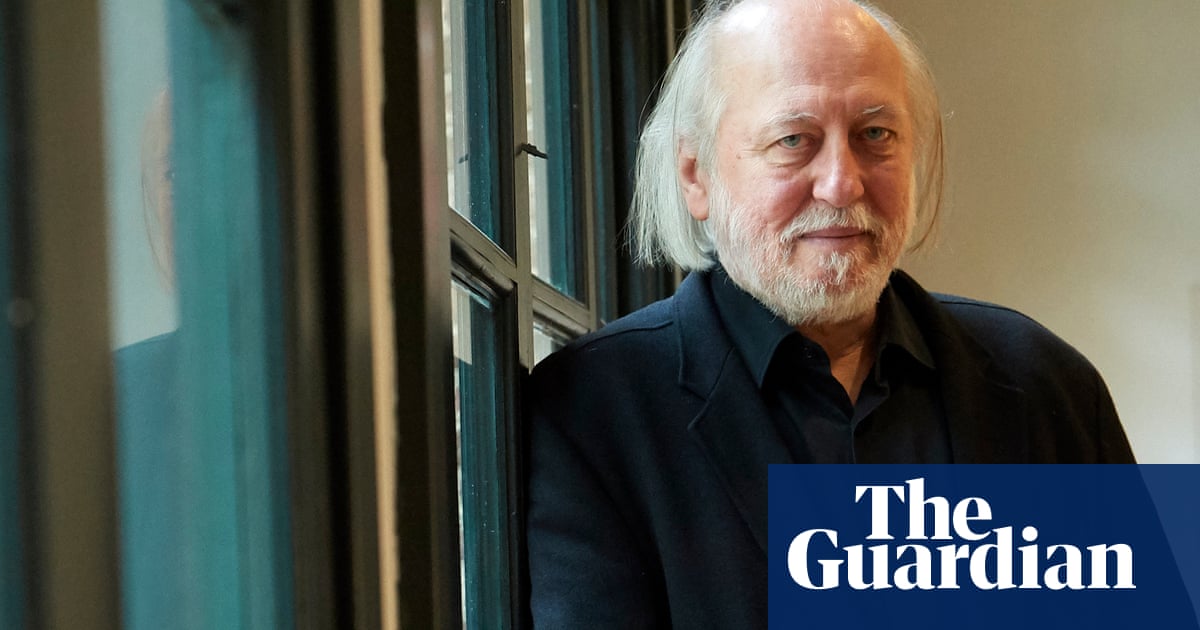The modernists grappled with the contradictions of the society they belonged to. Europe, in their eyes, was a blend of the new and the old, the traditional and the progressive. Their art, too, reflected this duality – innovative and fresh, yet consumed by themes of decay and decline. In the English-speaking world, modernist literature eventually faced the very death it was fixated on, but in central Europe, this demise never came. Modernism continued to thrive in the face of revolutions and tyranny.
László Krasznahorkai is a writer deeply rooted in this tradition, producing works that push boundaries and are most vibrant when exploring themes of death. Born in Hungary in 1954, just after the end of World War II and the Nazi occupation that his Jewish father survived, Krasznahorkai started writing in the 1980s as communism crumbled. The decay of society seems to be his central focus, permeating all his novels with a sense of impending doom. Susan Sontag, an early admirer, hailed Krasznahorkai as “the contemporary master of the apocalypse.”
His latest work, Herscht 07769, is relentlessly bleak from beginning to end. It opens with the pessimistic declaration “hope is a mistake” (taken from the novel’s epigraph) and concludes with a line foretelling the arrival of a “merciless night descending heavily upon the land.” In between lies a dark tale of societal and cosmic disintegration. The novel’s one-sentence structure creates a certain monotony, matched by what now feels like the author’s singular focus.
Set in the fictional town of Kana in eastern Germany before the pandemic, Herscht 07769 follows the story of Florian Herscht, a failed baker who joins a cleaning company. Unbeknownst to him, the company, led by a mysterious figure known only as the Boss, also operates as a neo-Nazi gang, drawing Herscht into their shady dealings.
There are political undertones in the novel, with the Boss’s slogan “ALLES WIRD REIN, ALL WILL BE CLEAN” carrying racial connotations as he attempts to “cleanse” Kana after a graffiti campaign. Herscht’s name itself, meaning “rule” or “dominate,” is a cruel joke as he finds himself powerless in the face of malevolent forces, both social and cosmic.
For Krasznahorkai, societal decay is inevitable, mirroring a cosmic truth. Herscht, delving into physics classes, becomes fixated on the matter-antimatter asymmetry problem, seeing it as a harbinger of the world’s end. His letters to Angela Merkel, pleading for action, add a touch of dark humor to the narrative.
The quantum theme, prevalent in European modernist literature, symbolizes the decay and disintegration that Krasznahorkai explores. The unconventional narrative style, with its single-sentence structure, compresses time and events, creating a sense of simultaneous existence. Krasznahorkai’s reverence for the full stop, signifying finality, is evident throughout the novel.
While Krasznahorkai’s mastery of the apocalypse is undeniable, it feels less potent in this latest work. His earlier novels hinted at the end times through suggestion and symbolism, evoking a sense of dread without explicitly addressing it. The stark imagery of decay in “The Melancholy of Resistance” felt more apocalyptic than the detailed quantum theories presented in Herscht 07769. Ultimately, Krasznahorkai reminds us that novels, like nightmares, are driven by fears rather than facts.
“Herscht 07769” by László Krasznahorkai, translated by Ottilie Mulzet, is a thought-provoking read that delves into themes of decay and societal collapse. To order your copy, visit guardianbookshop.com.
